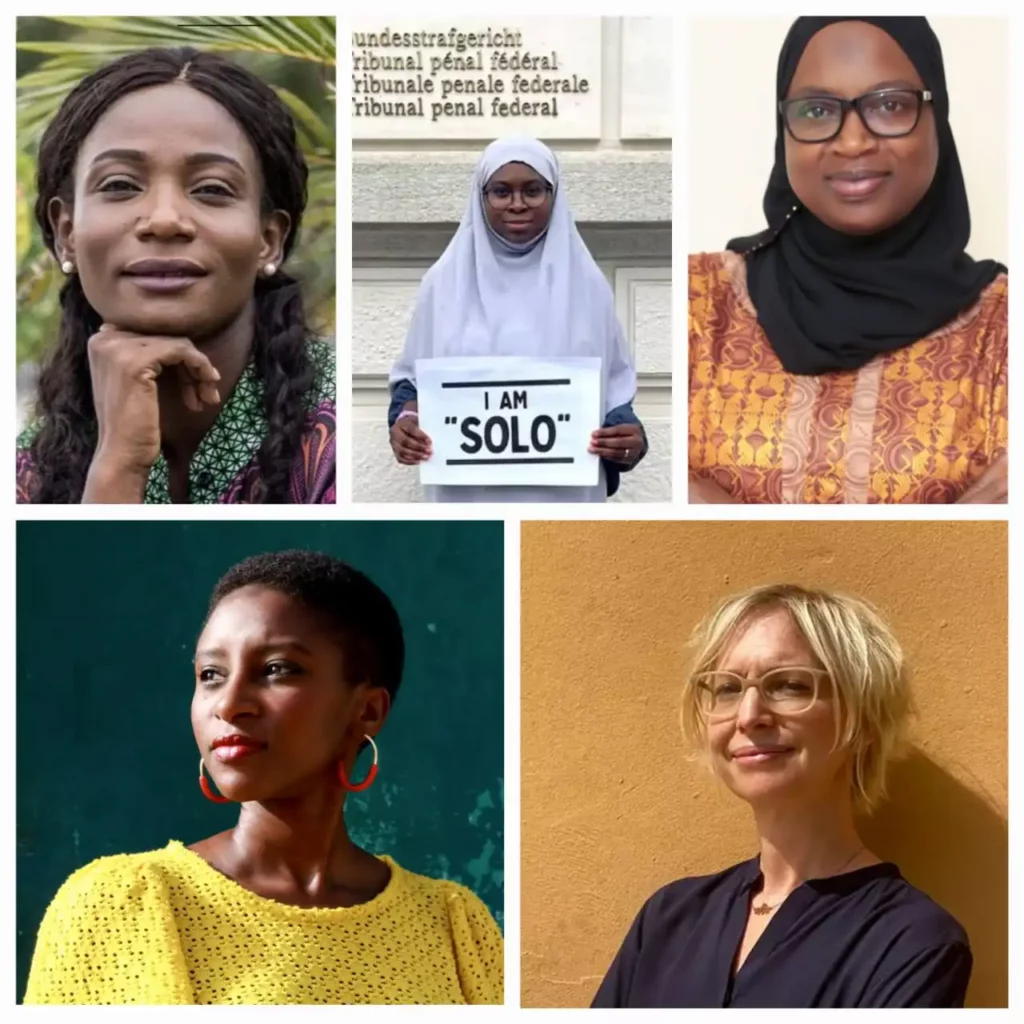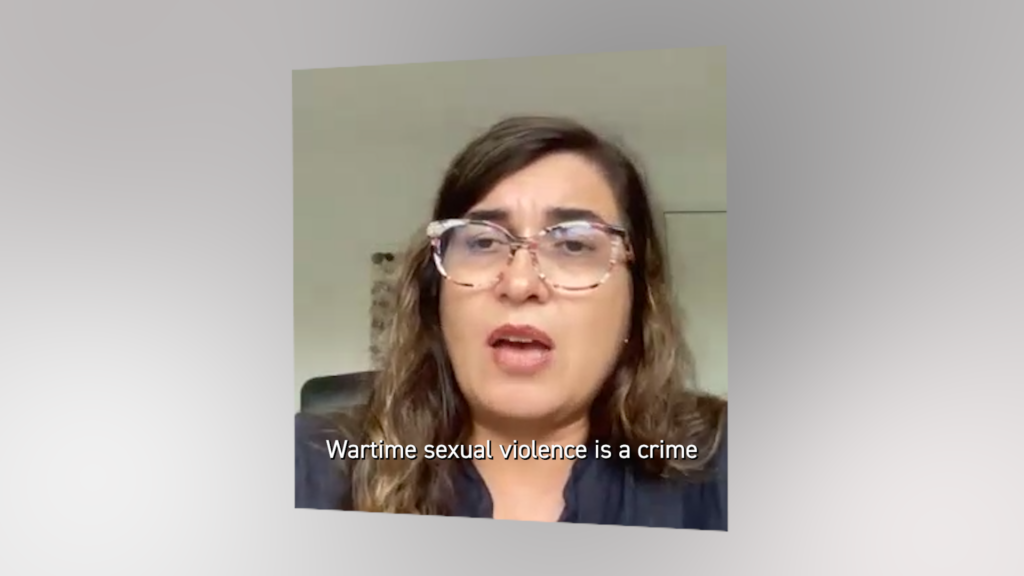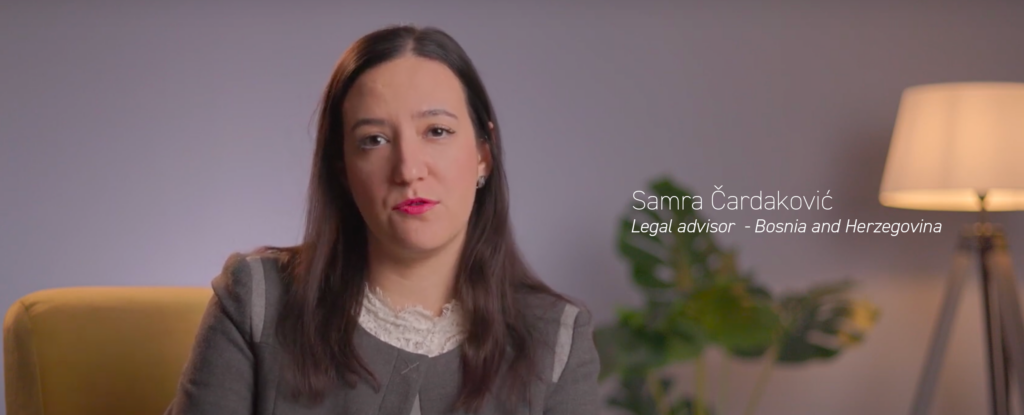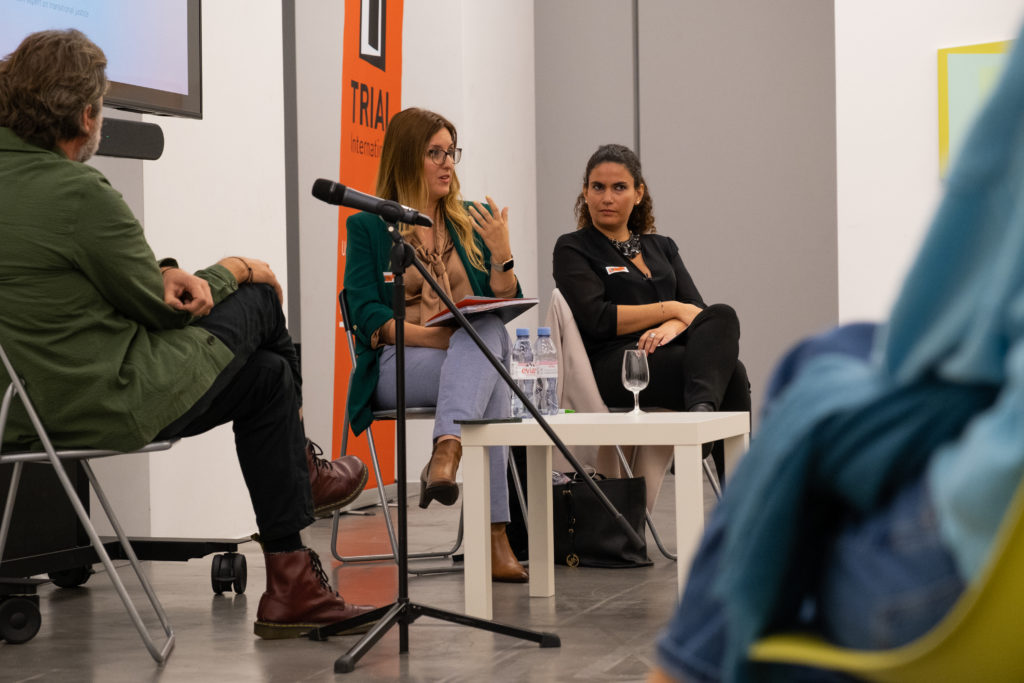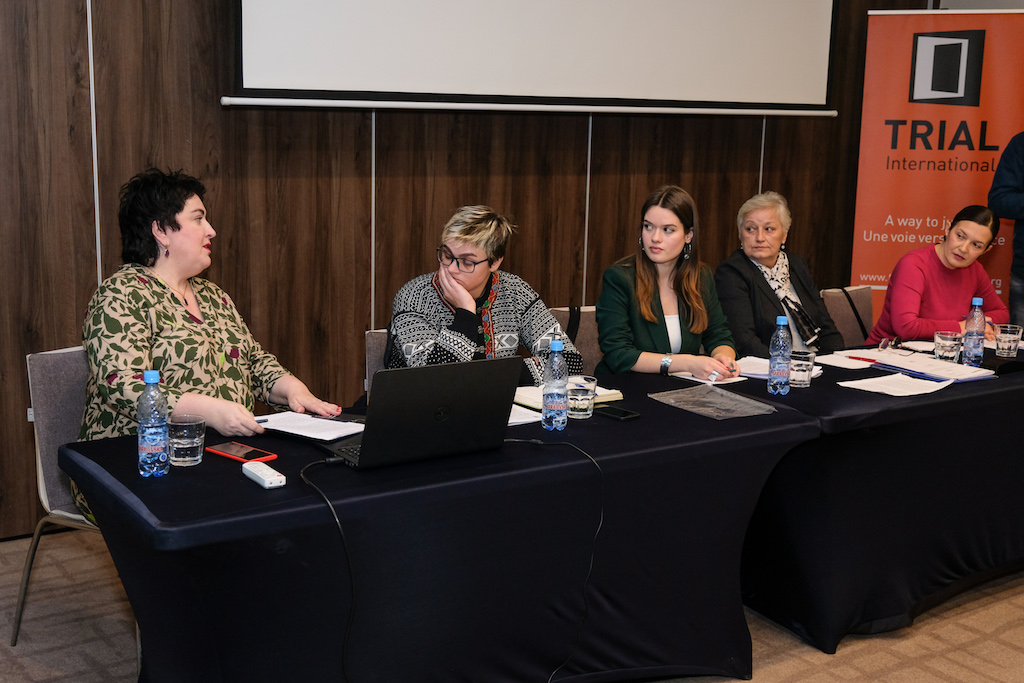Nepal: A path strewn with pitfalls for a victim of sexual violence
Sakhi means friend in Nepalese, it is the pseudonym chosen by a young woman full of courage to share her story. Victim of sexual violence during the internal conflict that ravaged Nepal during 10 years, she has been fighting for several years to obtain justice and reparations. In vain.

Sakhi, an orphan from the disadvantaged Tharu ethnic group, was 13 years old when she was raped in 2001. While she was grazing her buffalo herd outside the village, two soldiers of the Royal Nepalese Army insulted her, accused her of being a Maoist and struck her on the head. When she regained consciousness several hours later, injured and undressed, the girl did not immediately understand what had happened to her.
It wasn’t until months later, at a local hospital, that the nurses realized she was pregnant. And so the child had to be made aware of what sexual intercourse, in this case non-consensual, was and what the consequences of pregnancy were. In addition to other health problems caused by the attack, including psychological ones, Sakhi had to pay for the medical expenses incurred by the abortion.
But once the medical emergency is over, how to obtain justice while an internal conflict tears the country apart?
A first step on the road to justice?
Years later, once the civil war was over and the transitional justice process had begun, Sakhi sought justice for the first time. Before the National Truth and Reconciliation Commission, she attempted to expose her case and to seek recognition of the suffering she endured.
She was unsuccessful. In addition to the multiple dysfunctions of the transitional justice mechanisms in Nepal, the Commission does not recognize survivors of sexual violence as victims of war. Sakhi, like hundreds of other victims, did not receiving any form of redress and her case was not being investigated.
Yet conflict-related sexual violence is often a full-on military strategy. This is the case in Nepal, where several reports have documented the widespread use of sexual violence by both sides in the conflict.
The winding road of domestic jurisdictions
With the support of TRIAL International, every effort is being made to advance the case before domestic courts. “When I met Sakhi in 2018, her determination and resilience overwhelmed me. Jurisdiction after jurisdiction, we filed complaints, petitions, and requests for an investigation to be opened and the perpetrators apprehended” says Salina Kafle, Human Rights Coordinator at the Human Rights and Justice Centre (HRJC) in Katmandu, TRIAL International’s local partner.
But here again, a major obstacle hinders the path to justice: today in Nepal, a victim of sexual violence has only one year to file a complaint! This extremely short statute of limitations is yet another example of the shortcomings of Nepalese legislation in the area of sexual violence.
A solution at the international level?
Twenty years after the events, the suffering endured by Sakhi had still not been recognized, even though she still bears the after-effects on her body. Faced with the numerous obstacles encountered at the national level, a complaint was filed before the United Nations in 2020.
Today, TRIAL International and the HRJC continue to provide legal and medical assistance. They are fighting for an investigation and for Sakhi to obtain justice and reparation.
At the same time, TRIAL International calls upon Nepal to fulfill its international obligations. Noting the country’s inaction in this matter, the organization also proposes that the Human Rights Committee set up a follow-up procedure so that its recommendations are finally implemented.
On 9 February 2022, the UN Special Rapporteur on Sexual Violence (SRVAW) sent a communication to the Nepalese government on this case, as Nepal did not respond to her first enquiry.


